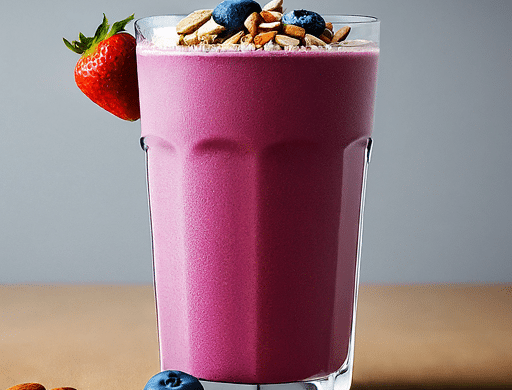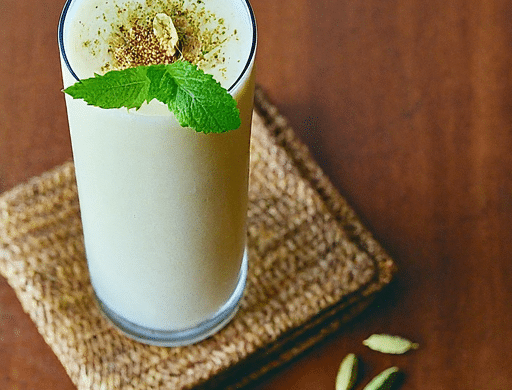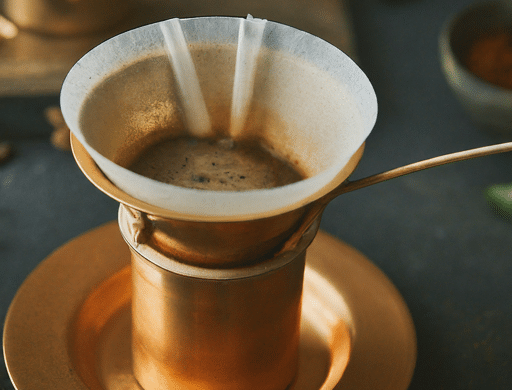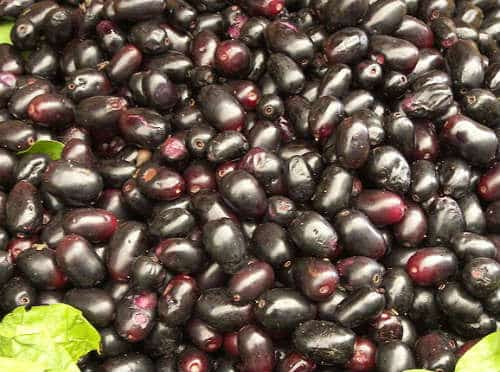Oats are one of the most nutritious, versatile and delicious grains available. With a wide variety of uses in cooking, oats can be part of any meal – breakfast, lunch or dinner. But did you know this grain is also incredibly beneficial for your health? This article will explore why oats are so good for us and how to incorporate them into our diets.
The goodness of oats lies in their nutrient content. They’re packed with complex carbohydrates and high amounts of dietary fibre, which helps keep us regular and promotes healthy digestion. Oats also contain essential vitamins such as vitamin E and minerals like zinc, magnesium, iron and selenium – all important for keeping our bodies functioning optimally. Furthermore, they’re naturally low in fat and sodium, meaning they won’t add unnecessary calories or contribute to cardiovascular issues associated with excessive salt intake.
What makes oats even more appealing is their versatility; they can easily be incorporated into meals throughout the day. From oatmeal porridge at breakfast time to soups or salads at lunchtime right through to savoury dishes for dinner – there’s no limit to what you can create! So if you’re looking for an easy way to get more nutrients into your diet, adding oats may be the answer!
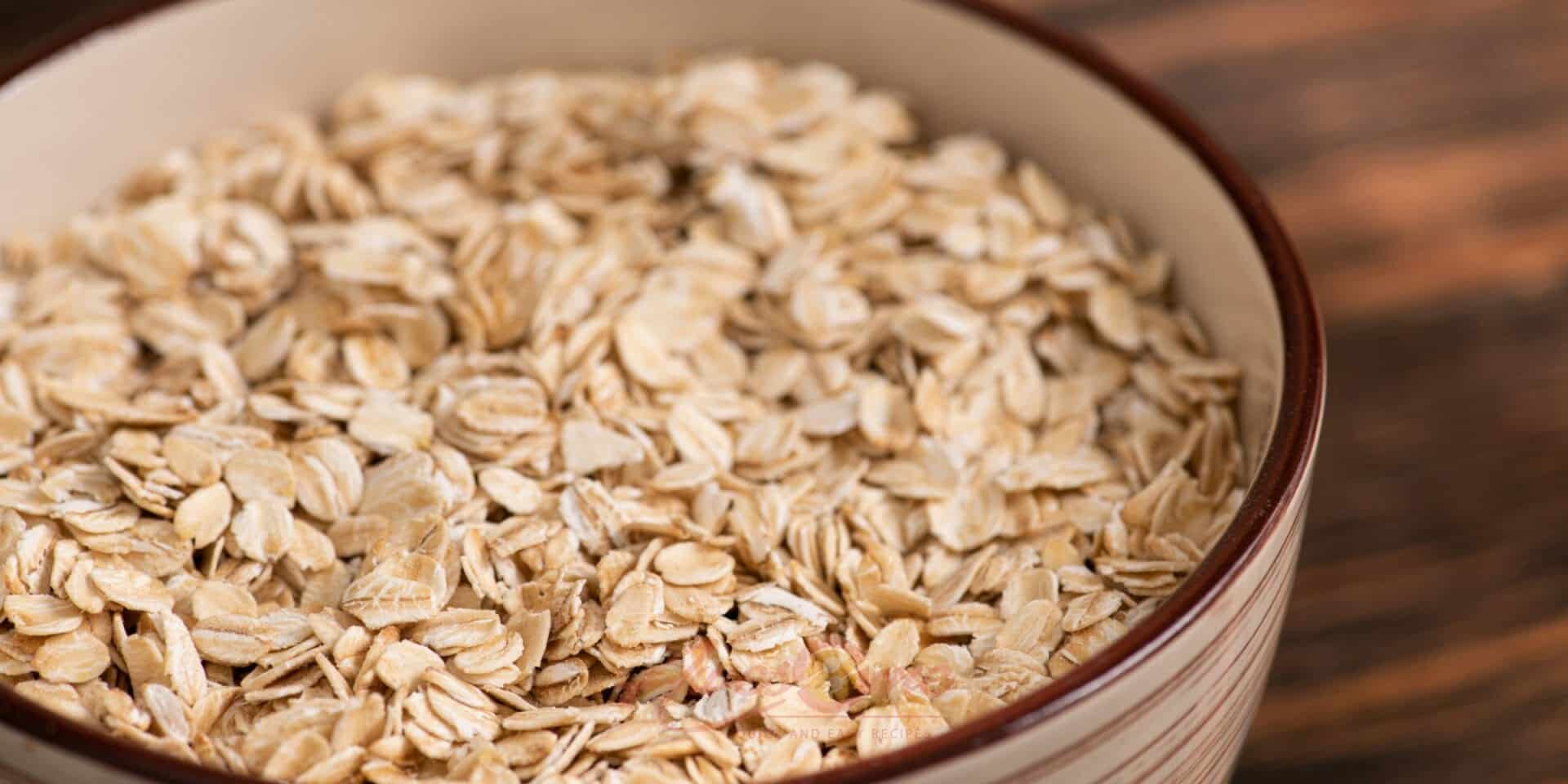
Goodness of Oats
Nutritional Value
Oats are a highly nutritious food, and they have been used as sustenance for centuries. They are rich in vitamins, minerals, and dietary fibre, providing essential nutrients to keep our bodies functioning optimally. Oats contain high B vitamins, iron, magnesium, potassium, calcium and zinc levels. These micronutrients can help reduce the risk of cancer and heart disease. Additionally, oats contain antioxidants that help protect against oxidative stress.
Regarding fibre content, oats stand out from other grains due to their abundance of soluble fibres known as beta-glucans which may help lower cholesterol levels and improve digestion. Beta-glucans also play an essential role in maintaining blood sugar levels by slowing down its absorption into the bloodstream after eating carbohydrates. Moreover, oats are low in fat and sodium, making them an excellent choice for anyone looking to maintain or lose weight.
In short, oats offer various health benefits that make them an ideal addition to any diet as part of a balanced meal plan. As we will see, there is no shortage of ways to incorporate these nutrient-packed grains into your meals.
Variety Of Uses
With abundant nutrients and versatility, oats are an ideal way to add nutrition and flavour to any meal. Whether you enjoy them hot or cold, there are various ways to incorporate oatmeal into your diet. From overnight oats to savoury dishes like risotto, the options for cooking with oats seem endless. Adding cooked rolled oats to smoothies is also a great way to start the day with breakfast on the go.
Oats can be used as a breadcrumb substitute in vegan recipes or coated onto chicken before baking for added crunchiness. They can also be ground up and used as flour in baked goods such as cakes and cookies. Using oats instead of traditional flours adds more protein, fibre and other essential vitamins, which makes it the perfect ingredient for healthier versions of favourite treats.
No matter how it’s prepared, including oats in one’s daily routine is beneficial for taste and overall health. Now let’s explore some of the main health benefits of consuming this superfood regularly.
Health Benefits
Oats are a great source of essential nutrients linked to numerous health benefits. Rich in vitamins, minerals, antioxidants, and fibre, oats offer many advantages to maintaining overall well-being.
The soluble fibre found in oats can help reduce cholesterol levels and stabilize blood sugar levels. The high magnesium content also helps with muscle function and nerve transmission, while zinc aids immune system functioning. Oats also provide:
- Selenium.
- An essential trace mineral that works as an antioxidant.
- Helping cell repair and protection from disease.
With all these fantastic properties combined, consuming oats daily can improve digestion, reduce inflammation, improve cognitive performance, and improve cardiovascular health. These positive effects make adding this superfood into one’s diet worthwhile for any age group or lifestyle!
Preparation Methods
Who doesn’t love a bowl of warm and creamy oats for breakfast? There’s something comforting about it that can start your day off on the right foot. But there are also so many other creative ways to work oatmeal into your diet!
For those looking to spice up their morning routine, consider adding some dried fruits or nuts such as almonds, walnuts, raisins or cranberries. Even topping with honey or cinnamon can help make a more exciting breakfast dish. Additionally, you could cook them in coconut milk instead of water for an extra special treat.
Oats don’t have to be limited to just one meal either; they can also be used as an additive in baking recipes like muffins, cookies, pancakes and waffles. The possibilities are truly endless when it comes to how you incorporate this superfood into your meals!
Substitutions
If you’re looking to try a different form of oats, there are plenty of substitutions. Steel-cut or rolled oats can replace quinoa for those seeking a gluten-free alternative. Barley is also a great choice with many nutritional benefits, such as being rich in dietary fibre and protein. Or, if you want something more unique, consider buckwheat groats with an earthy flavour that pairs well with sweet fruits.
In addition to these various grains, oatmeal can be swapped with chia seeds or flaxseeds. Both offer the same creamy texture but contain additional health benefits like omega-3 fatty acids and antioxidants. Just make sure to soak them overnight before cooking so they become easier to digest.
No matter what substitution you choose, it’s important to remember that all oats provide essential vitamins and minerals for daily nutrition. So experiment away! You might find your new favourite breakfast staple.
Side Effects
Despite the many nutritional benefits of oats, they may have some unwanted side effects. One common issue is gas and bloating caused by their high fibre content. To avoid this, try soaking your oats overnight before eating them to make them easier to digest. Additionally, remember that oatmeal can cause constipation if consumed in large amounts. Therefore it’s essential to pay attention to how much you’re consuming and pair it with other foods rich in dietary fibre, such as fruits and vegetables.
Another potential side effect associated with oats is an allergic reaction or sensitivity. If you are experiencing any adverse symptoms after eating oats, consulting a doctor is advisable. They will be able to advise on whether cutting out certain grains from your diet is necessary or not.
It’s always essential to consider any allergies or sensitivities when introducing new ingredients into your meals and snacks. With that said, don’t let these potential risks stop you from enjoying all the delicious possibilities of incorporating oats into your daily nutrition routine!
Storage Tips
Now that we’ve discussed oats’ potential side effects let’s focus on how best to store them. Proper storage is critical in preserving oats’ nutritional benefits and flavour for as long as possible. You can use several methods to ensure your oats stay fresh and delicious.
First, keep your oats in a cool, dry place, away from sunlight. This will prevent them from going rancid due to heat or moisture exposure. Additionally, storing your oats in airtight containers can help maintain their quality over time by keeping out pests and other contaminants. It’s also important to note that once opened, rolled, or steel-cut, oats should be consumed within two weeks for optimal freshness since they don’t contain preservatives like instant oatmeal.
So if you want your breakfast bowl of oatmeal or overnight oats to taste just as good tomorrow morning as it did today, follow these simple tips!
Conclusion
Oats are an incredibly versatile and nutritious food. Packed with various vitamins, minerals, and antioxidants, oats offer numerous health benefits, from improving digestion to aiding in weight loss. With so many different methods for preparation and various substitutions, it is easy to incorporate this powerful grain into your daily routine.
However, despite its impressive nutritional profile and cooking flexibility, some side effects can be associated with oats consumption. Therefore, it’s essential to consider the amount being consumed and proper storage guidelines to prevent spoilage or contamination.
Oats have been enjoyed worldwide for centuries due to their delicious taste, excellent nutrition content and ease of use. From oatmeal porridge to baked goods like muffins or cookies, oats will add flavour and texture while providing essential nutrients that will help you stay healthy and energized all day!


